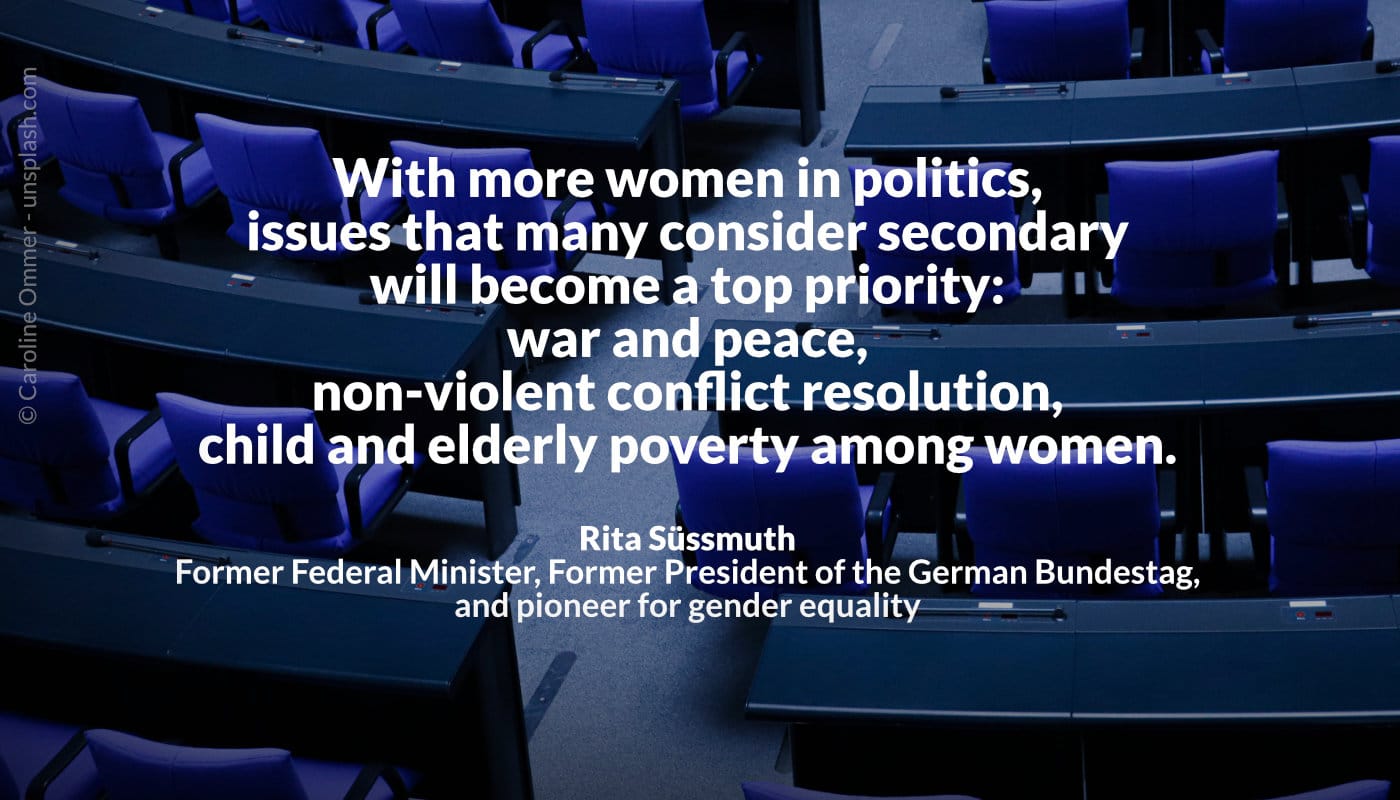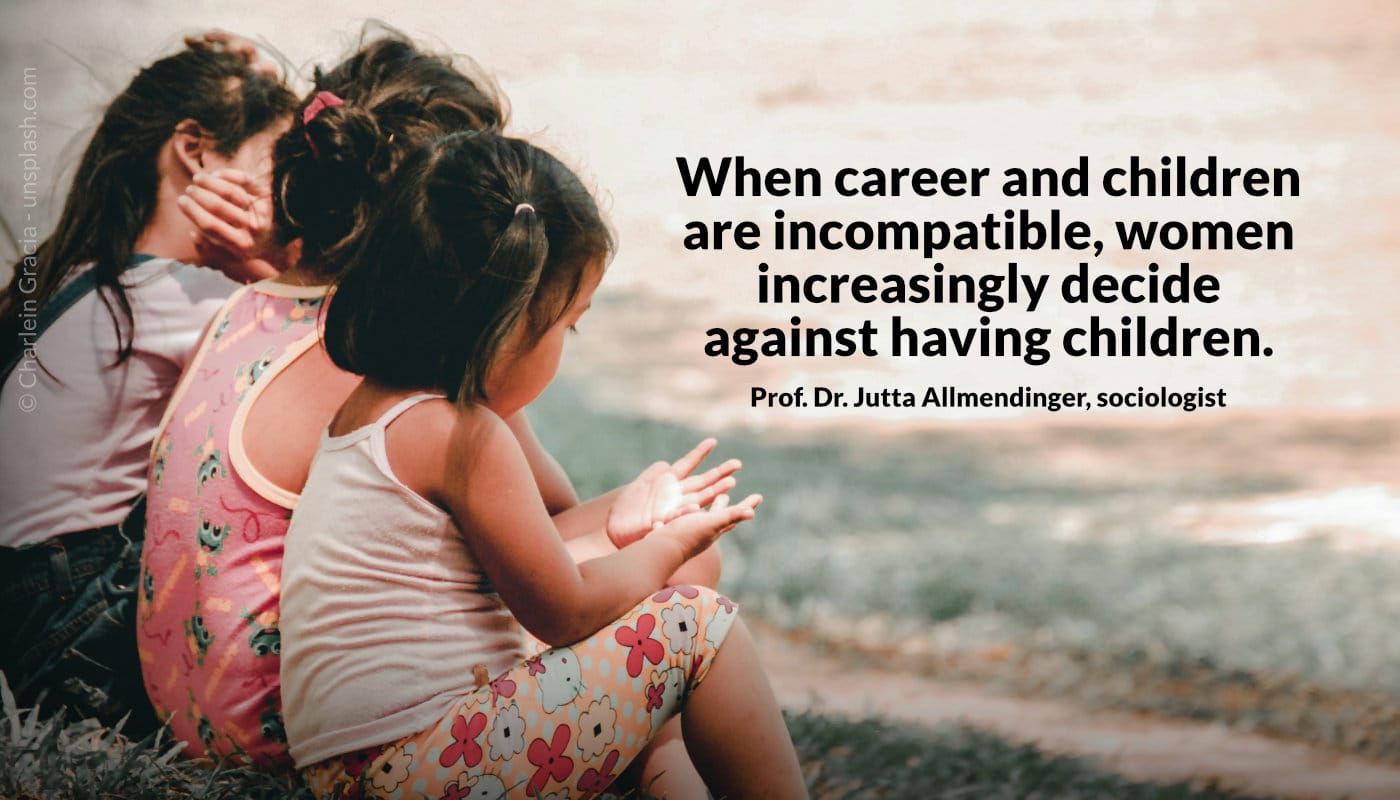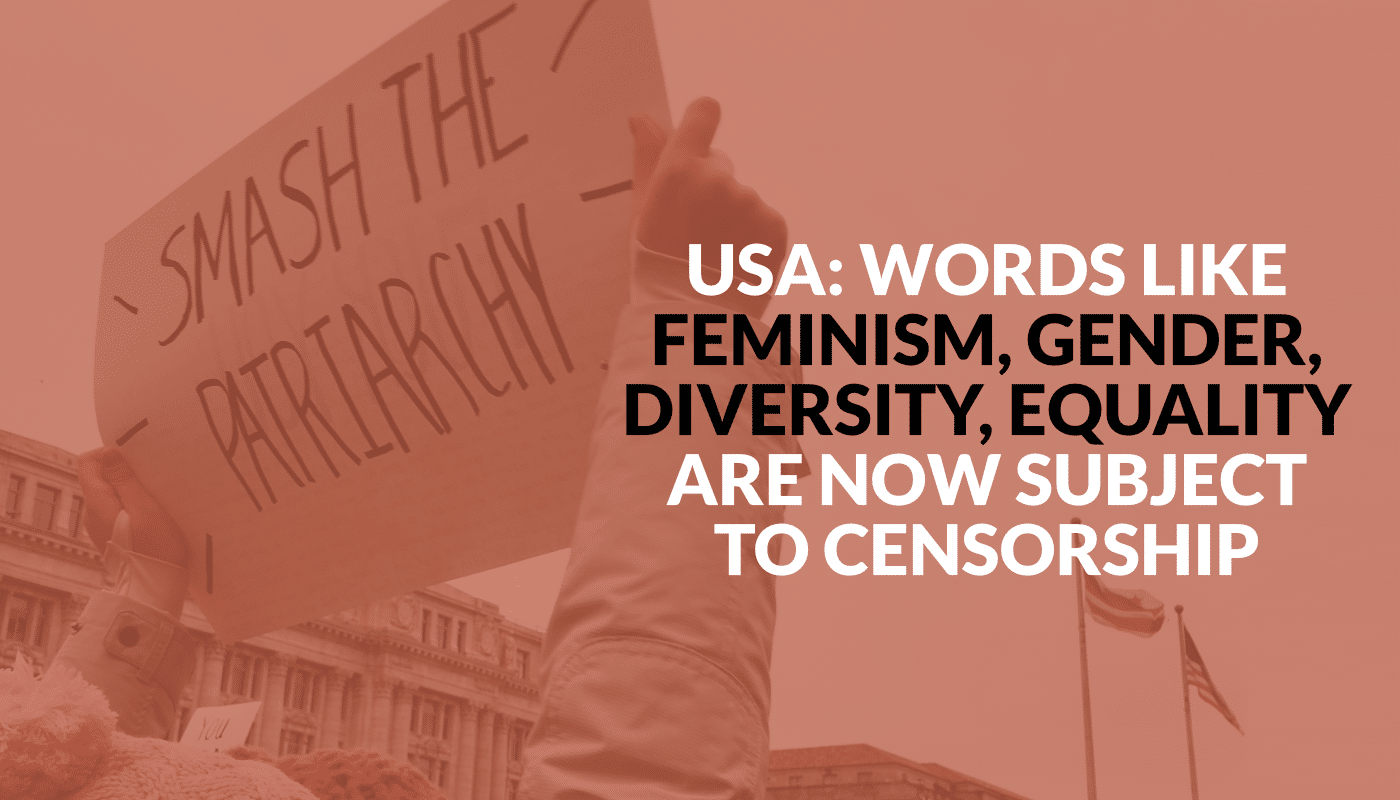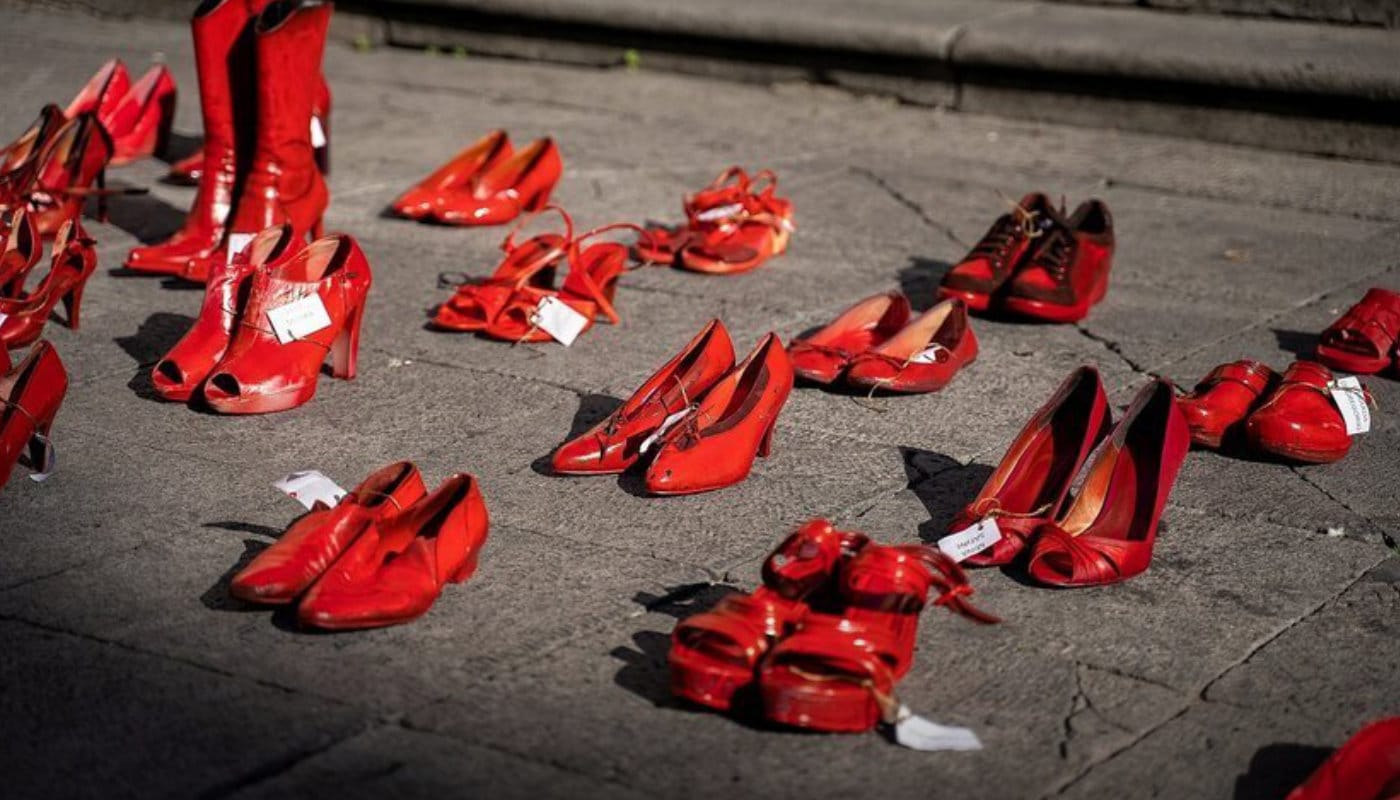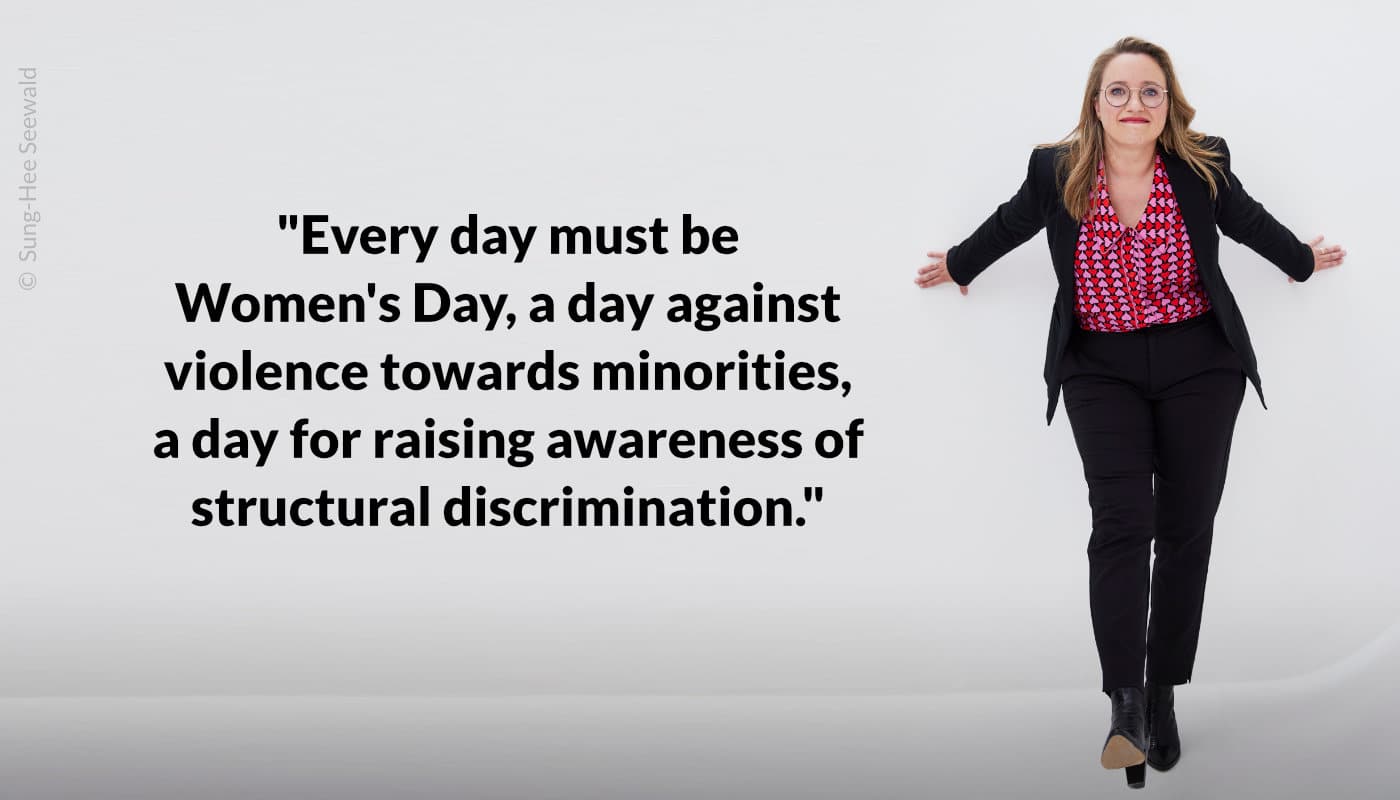The annual inheritance volume in Germany (including gifts) amounts to up to 400 billion euros, as estimated by a study commissioned by the Hans Böckler Foundation in 2017.
400 billion per year. And in already affluent families, of course, more is inherited: in the top income quintile, the average is 248,000 euros, while in the lowest quintile it is only 12,000 euros.
The majority of inheritances can be transferred tax-free due to high tax-free allowances. Similarly, especially large fortunes can be classified as business assets and are exempt from taxation.
Viennese resident Marlene Engelhorn, descendant of BASF founder Friedrich Engelhorn, inherited a substantial fortune from her grandmother, as reported by the Süddeutsche Zeitung, which recently interviewed her. “But Engelhorn, who is also involved with the taxmenow initiative, does not want the inheritance. She is determined to donate 90% of it—around 25 million euros—to the public.”
Now the heiress has found an unusual solution for herself but says, “Honestly, I would have been happier if I could have paid taxes on my wealth.” In an earlier debate with SZ, she advocated, “We need better inheritance tax, wealth and gift tax, and a progressive capital gains tax. It is also crucial to adequately equip tax authorities, as a lot of money is lost due to tax evasion, avoidance, and flight.” For her, an inheritance is “the money of my grandparents, who owe it to the work of countless people who despite their work get nothing from it.”
Now, Engelhorn is organizing, together with the Foresight Institute, a citizens’ council consisting of 50 individuals representative of the Austrian population. The “Good Advice for Redistribution” is supposed to decide on the distribution of the wealth.
“I don’t focus so much on the result, the process is particularly important to me. (…) The process is as democratic, participatory, and representative as possible. (…) The whole thing is definitely more democratic than if I alone decide what happens with the money,” says Engelhorn.
Why not just donate it? Donating has a power component that cannot be justified. Donating would reproduce one’s own prejudices and blind spots, one’s own power. This contradicts the democratic idea.
“We as a society should not hand over such large inheritances to anyone unchecked, untaxed, and without transparency,” says Engelhorn.
The latest Oxfam Inequality Report has once again made it clear “that wealth poses a great danger to democracy. At the same time, there is a high level of media interest in the topic of #wealthtaxation. (…) More and more people understand how distribution works, and that it is the result of political decisions that we can change.”

Posted by Natascha Hoffner, Founder & CEO of herCAREER, WiWo columnist, LinkedIn TOP Voice 2020, W&V 2019 – 100 Köpfe
published on LinkedIn on 15.02.2024
References:
- https://www.sueddeutsche.de/wirtschaft/marlene-engelhorn-vermoegen-erbe-basf-verteilung-oesterreich-1.6346318
- https://www.boeckler.de/de/boeckler-impuls-erbschaften-groesser-als-bislang-erwartet-3761.htm
- https://www.sueddeutsche.de/projekte/artikel/wirtschaft/darf-ueberreichtum-sein-ein-streitgespraech-ueber-vermoegen-und-erben-e703925


